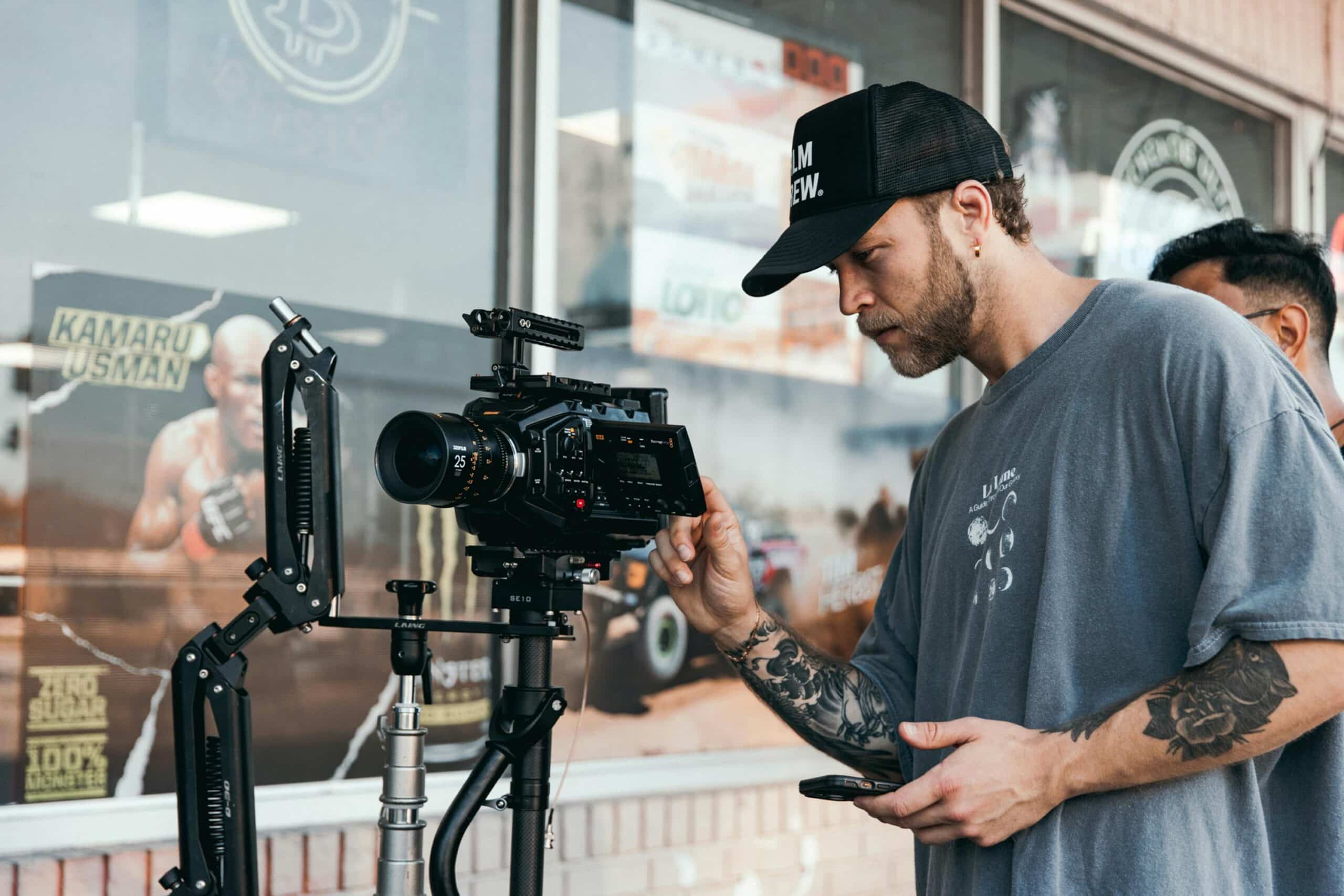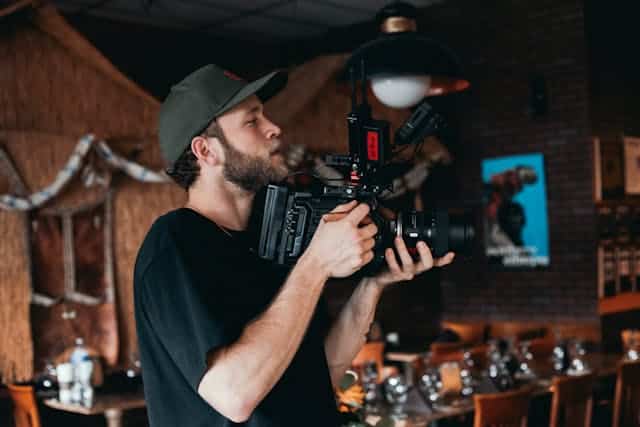In the fast-paced and ever-evolving entertainment industry, understanding copyright laws is crucial for filmmakers.
Whether you’re an independent creator or part of a large production team, knowing how these laws protect your film and original content is key to securing your rights and avoiding legal pitfalls.
When I started creating contents online, I honestly had no idea that just using a snippet of someone else’s music could land me in legal trouble.
As a result of this experience, I was pushed me to dive deep into copyright law and over time, it has saved when I work on new projects.
What is Copyright?
Copyright grants creators exclusive rights to their original works, such as:
Films
Screenplays
Music compositions
Visual art
This legal protection helps prevent unauthorized use or infringement of your intellectual property.
Learn more from the U.S. Copyright Office.
1. The Basics of Copyright Protection
Copyright protection is automatic once an original work is created and fixed in a tangible medium. Key points include:
Originality: The work must be original and show a minimal degree of creativity.
Fixation: The work must be captured in a medium that allows it to be perceived, reproduced, or communicated (e.g., written scripts, recorded films).
Duration: Copyright typically lasts for the author’s lifetime plus 70 years, though this can vary by jurisdiction.
I used to think you had to file paperwork to be protected, but knowing that copyright kicks in automatically gave me early confidence as a beginner content creation.
In the U.S., only the expression fixed in a motion picture (camera work, dialogue, sounds, etc.) is protected under copyright. Ideas or concepts behind a work are not covered.
2. Registering Your Copyright
While copyright protection is automatic, registering your work with the relevant copyright office offers additional benefits:
Legal Evidence: Registration provides legal proof of your ownership.
Ability to Sue: In many jurisdictions, you must register your work before initiating an infringement lawsuit.
Damages and Attorney Fees: Registered works may qualify for statutory damages and attorney fees in infringement cases.
As a content creator, I found that registering my work before pitching it to directors and producers gave me peace of mind, added professionalism, and a stronger negotiating position.
Register easily via the U.S. Copyright Office eCO System.
3. Fair Use Doctrine
The fair use doctrine permits limited use of copyrighted material without the owner’s permission for purposes such as:
Criticism and commentary
News reporting
Teaching and scholarship
Parody
Determining fair use involves considering factors like the purpose of use, the nature of the copyrighted work, the amount used, and the effect on the market value of the original work.
Documentary filmmakers often rely on fair use to include clips for commentary. However, it’s essential to understand the boundaries.
The Center for Media & Social Impact provides a Statement of Best Practices in Fair Use to guide filmmakers.
See more at Stanford Fair Use Guide.
4. Licensing and Permissions
Filmmakers often need to obtain licenses or permissions to use copyrighted material created by others. This may include:
Music Licensing: Securing rights to use songs in your film requires obtaining licenses from music publishers or performing rights organizations.
Clip Licensing: If you plan to use clips from other films or media, you must seek permission from the rights holders.
Location Releases: When filming in private locations, obtaining location releases from property owners is essential to avoid legal issues.
Organizations like ASCAP provide guidance on acquiring music for films.
On one project that I was working on, I skipped getting a music license for a background track, and Tiktok muted the entire scene. But never again!
Learn about music licensing from BMI.
5. Infringement and Enforcement
Copyright infringement occurs when someone uses a copyrighted work without permission. Filmmakers should be aware of potential infringement scenarios:
Unauthorized Use: Using someone else’s music or film clips without permission can lead to legal action.
Derivative Works: Creating a new work based on an existing copyrighted work without permission may also constitute infringement.
To enforce your copyright:
Monitor your work for unauthorized use.
Send cease-and-desist letters if necessary.
Consider legal action if infringement continues despite warnings.
In 2024, Metro-Goldwyn-Mayer Studios and Amazon Studios faced a lawsuit from R. Lance Hill, the original screenwriter of 1989’s ”Road House,” over the 2024 remake.
Hill claimed copyright infringement since his original screenplay was not licensed, and alleged AI was used to mimic the original actors’ voices. Although, Amazon denied these claims, stating the lawsuit lacked merit.
Earlier this year, the “Road House” remake triggered a major copyright lawsuit over AI-generated performances. It’s a real wake-up call for all of us using digital tools in film.
That’s why understanding copyright laws is essential for filmmakers aiming to protect their creative works while navigating the complexities of the industry.
By familiarizing yourself with copyright basics, registering your works, understanding fair use, obtaining necessary licenses, and being aware of infringement issues, you can safeguard your projects effectively.
As you embark on your filmmaking journey, consider consulting with a legal professional specializing in intellectual property law to ensure that you are fully informed about your rights and obligations under copyright law.
READ ALSO:
Challenges of Independent Filmmaking
The Role of Music Supervisors in Film and Television
Marketing Your Film on Social Media Effectively
Creating a Winning Film Proposal: A Comprehensive Guide



